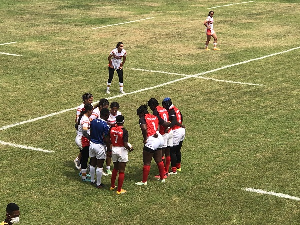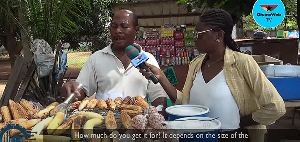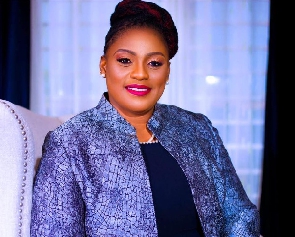Stakeholders at a forum organized in Bolgatanga in the Upper East Region have called on the Metropolitan, Municipal and District Assemblies (MMDAs) to prioritize issues of Water, Sanitation and Hygiene (WASH) to improve the wellbeing of the people.
“Improved WASH is fundamental to the health and wellbeing of the human resources of every nation and promotes accelerated and sustained development, therefore all people must have access to WASH facilities and its related services”.
They called for the mainstreaming of WASH issues into the annual and Medium-Term Development Plans of the various Assemblies and to allocate enough resources to meet the demands.
The stakeholders made the call at a two-day forum organized by WaterAid Ghana, a hygiene and sanitation focused organization, with funding from the Department for International Development (DFID) of the United Kingdom and Unilever.
It brought together stakeholders from the Ghana Health Services, Ghana Education Services, Civil Society Organizations, and staff of the Kassena-Nankana West and Bongo District Assemblies as well as community members.
The nine-month project dubbed, “hygiene behaviour change for COVID-19”, is implemented in some districts in the region as part of measures to cause a change in people’s behavior positively, influence policy decisions and contribute to fighting the spread of the novel coronavirus disease.
Mr George C. Yorke, the Head of Policy, Advocacy, and Campaigns at WaterAid Ghana, noted that the issues of water and Sanitation were of great concern to Ghana, and special attention was needed to that sector.
He noted that a World Health Organization report in 2015 suggested that about 3,600 children below five years die annually in Ghana from diarrhea while the country loses $290 million annually to poor sanitation and $79 million to open defecation.
He said in 2013, it was estimated that about 17 million Ghanaians did not have access to safe drinking water and indicated that the issues of water and sanitation could be worse off especially with the emergence of the COVID-19 which had increased demand for WASH services.
Ms Fauzia Aliu, the Policy Officer, WaterAid Ghana, said stakeholders especially those in health needed to sustain the advocacy for behavioural change towards issues of WASH and find effective ways of influencing political leaders and policymakers to prioritize WASH, especially for rural communities.
This, she noted, would not only improve health care at health facilities and the wellbeing of the community members but would further contribute to the achievement of the Sustainable Development Goals (SDGs) particularly goal three.
Ms Joyce Jambeidu, a Senior Associate with ActionAid Ghana, noted that apart from putting up WASH infrastructure, there was the need to build the capacities of community members and empower them to be able to access the facilities properly.
Regional News of Saturday, 3 October 2020
Source: GNA

















